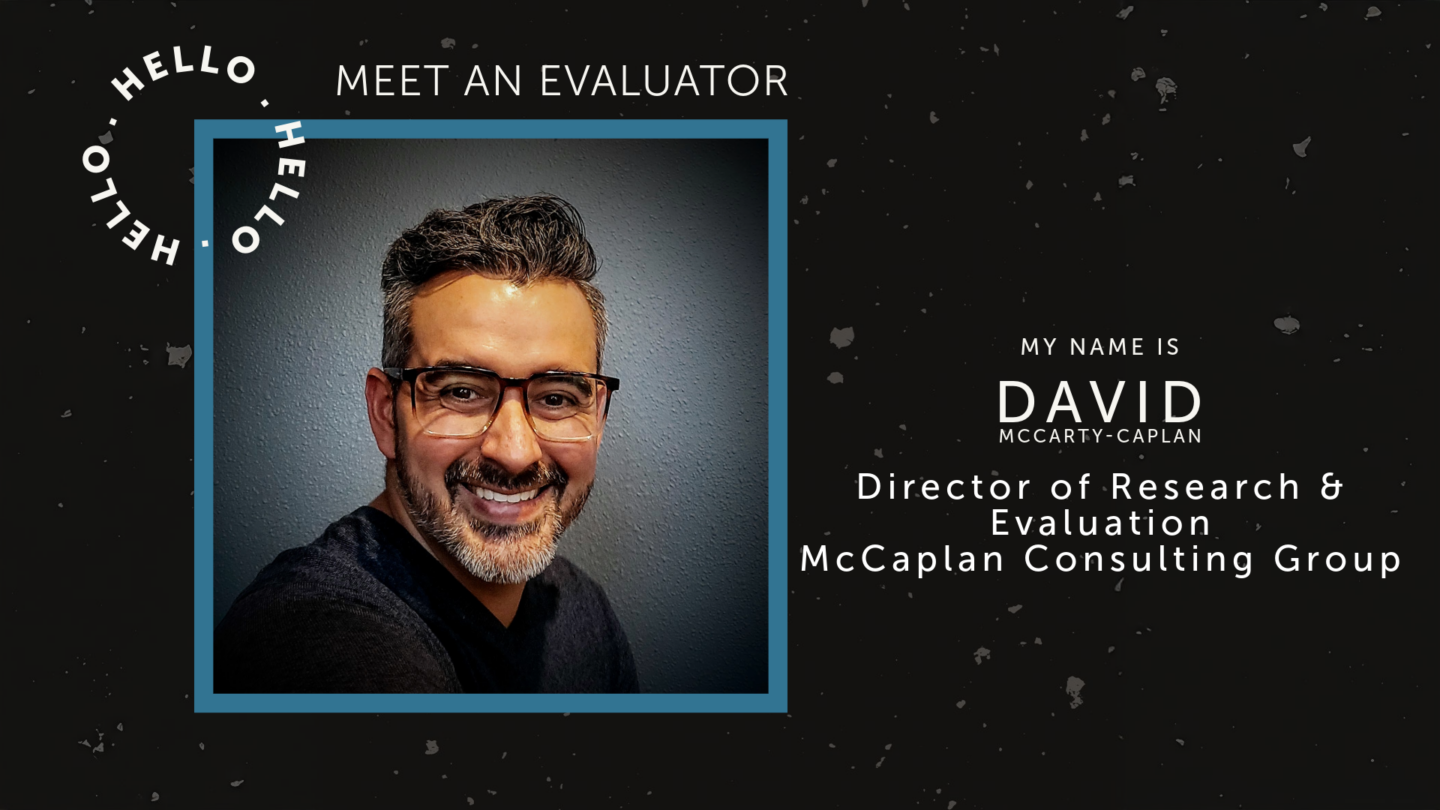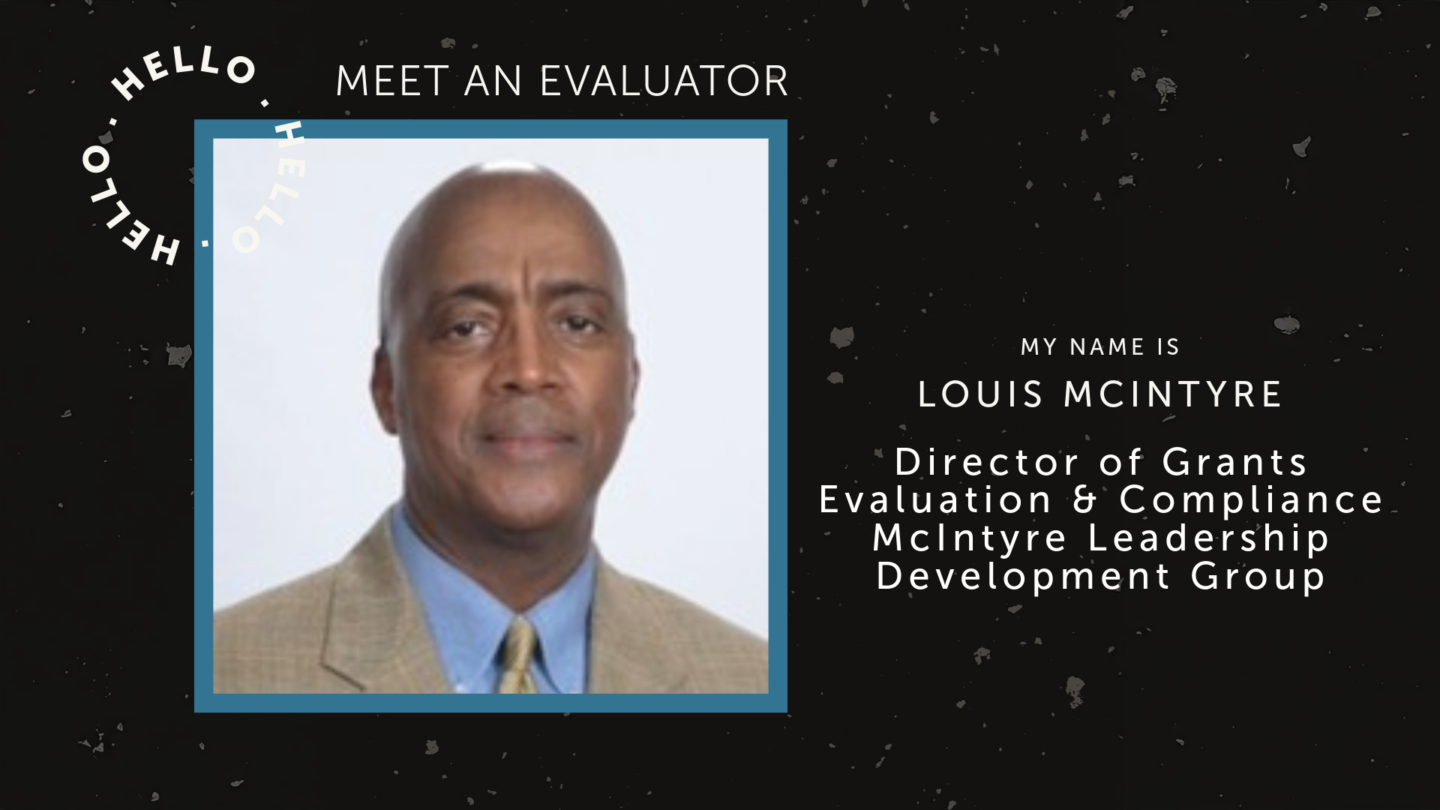Recently a friend posted a blog whose theme was gratitude. Reading his blog caused me to reflect on gratitude in my own professional life.
I have been evaluating ATE projects since 2002, and I have been on a learning curve from the beginning – though I must say that the curve is not nearly as steep as it once was. I have learned much from the ATE Community, especially those evaluators with whom I have collaborated. I realized early on that we evaluators have different styles and strengths, and I sought out those who I hoped would complement my own strengths. Here are some examples of lessons learned from my evaluator colleagues:
- Peter is a global thinker who taught me how to formulate the “big picture evaluation questions” that Jane Davidson describes in her lovely guide Actionable Evaluation Basics.
- John’s attention to detail – and to reminding me to pay attention to the logic model – has served me well over the years. I remember first learning about logic model development in one of EvaluATE’s webinars http://www.evalu-ate.org/wp-content/uploads/formidable/Slides_2010-EvalTools.pdf
- Dave has consistently utilized outside-the-box thinking and encouraged a number of us to employ a “value creation” framework in our evaluation work. He first introduced me to Wenger’s work a couple of years ago: https://wenger-trayner.com/resources/publications/evaluation-framework/
- And Candiya, with her extensive experience in education and workforce research, has taught me a great deal about evaluation through conversations and presentations (see http://www.evalu-ate.org/wp-content/uploads/2014/10/Report_2011_MATE_Highlights.pdf for a nice summary of some of Candiya’s work).
- Other evaluators in the ATE Community – Terryll, Stephanie, and the two Amy G’s – have influenced my ways of thinking, and have provided encouragement and thoughtful advice.
I am especially indebted to the leadership team at EvaluATE, and to Lori and Arlen in particular. Their guidance and support through the years has been invaluable, and I have benefited from EvaluATE’s wealth of resources. Arlen’s recent blog “Strengthening Post Hoc Professional Development Evaluations” is printed out and occupies a prominent spot on my makeshift bulletin board. Lori’s thoughtful attention to detail in designing and developing the EvaluATE webinars continues to serve the community well. I always learn something new when I tune in.
ATE is a community rich in knowledge and experience. I encourage you to make opportunities to learn from the members of this community. Find ways to collaborate. If you are an evaluator new to ATE, or if you are thinking about becoming an ATE evaluator – start by spending time with the evalu-ATE.org website. If you have questions, ask for help. Start with me if you wish. I certainly don’t have all the answers, but I’m pretty good at finding people who do. I am grateful for the mentors and colleagues in the ATE Community who have shared their wisdom. Thank you.

Except where noted, all content on this website is licensed under a Creative Commons Attribution-NonCommercial-ShareAlike 4.0 International License.





 EvaluATE is supported by the National Science Foundation under grant number 2332143. Any opinions, findings, and conclusions or recommendations expressed on this site are those of the authors and do not necessarily reflect the views of the National Science Foundation.
EvaluATE is supported by the National Science Foundation under grant number 2332143. Any opinions, findings, and conclusions or recommendations expressed on this site are those of the authors and do not necessarily reflect the views of the National Science Foundation.